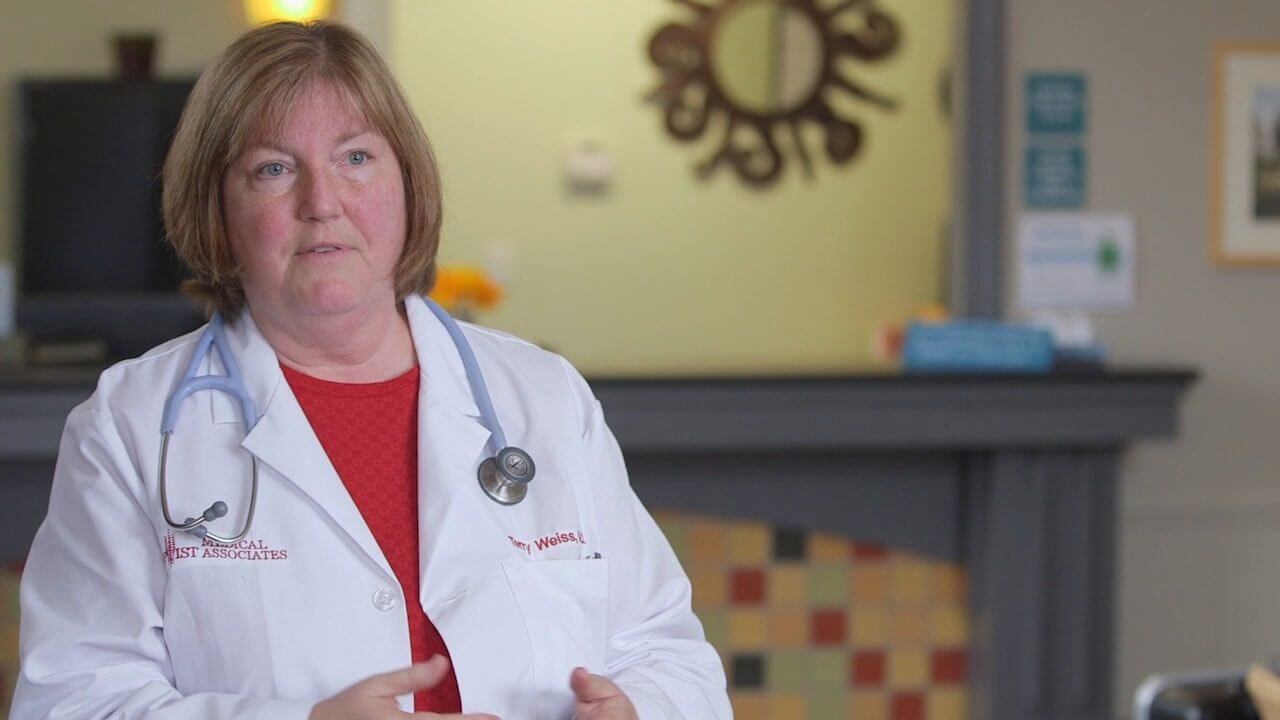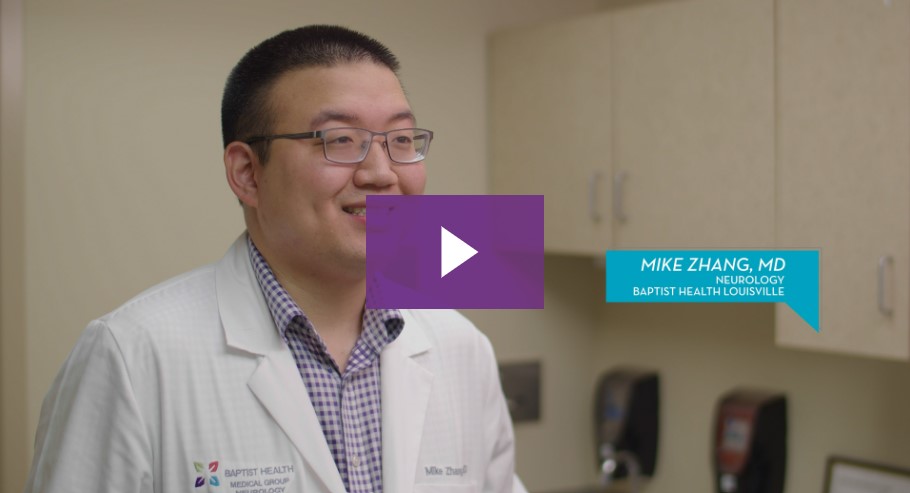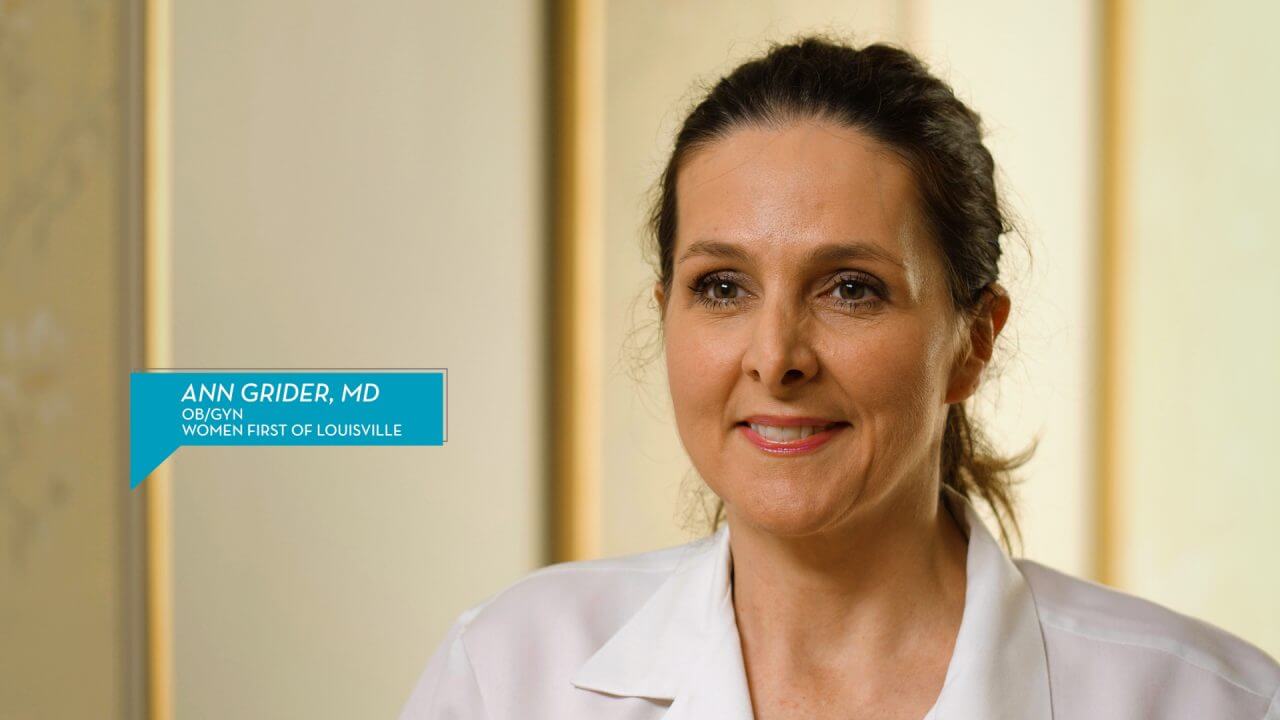Gastroesophageal Reflux Disease
Baptist Health Louisville: Gastroesophageal Reflux Disease
Gastroenterologist MITCHELL KAPLAN defines GERD, or gastroesophageal reflux disease, describing the symptoms, long-term effects and importance of seeking diagnosis and treatment for the condition.
Gastroesophageal Reflux Disease Health Talks Transcript
Mitchell Kaplan, MD, Gastroenterologist
The definition of GERD is gastroesophageal reflux disease, and what that means is basically damage or life modification related to symptoms of reflux of acid from the stomach into the esophagus. Some of those symptoms and issues include heartburn at least twice a week. It can involve difficulty swallowing, sore throat, cough, wheezing and even respiratory illnesses related to the reflux. There are a number of long-term effects from the simplest scar tissue creating narrowing in the esophagus — causing difficulty swallowing, having food getting stuck, to actually precancerous change and actually going on to cancer of the esophagus. There are several procedures to treat GERD. The Halo® procedure uses radiofrequency ablation. Basically, microwave energy allows us to destroy the abnormal tissue without damaging the healthy tissue that we want to keep healthy. Most of these patients have been for years undergoing routine endoscopy year after year, going biopsy after biopsy, waiting to be told they have cancer and now need surgical resections, to now know that they are free of the disease. Oh, they are ecstatic.



